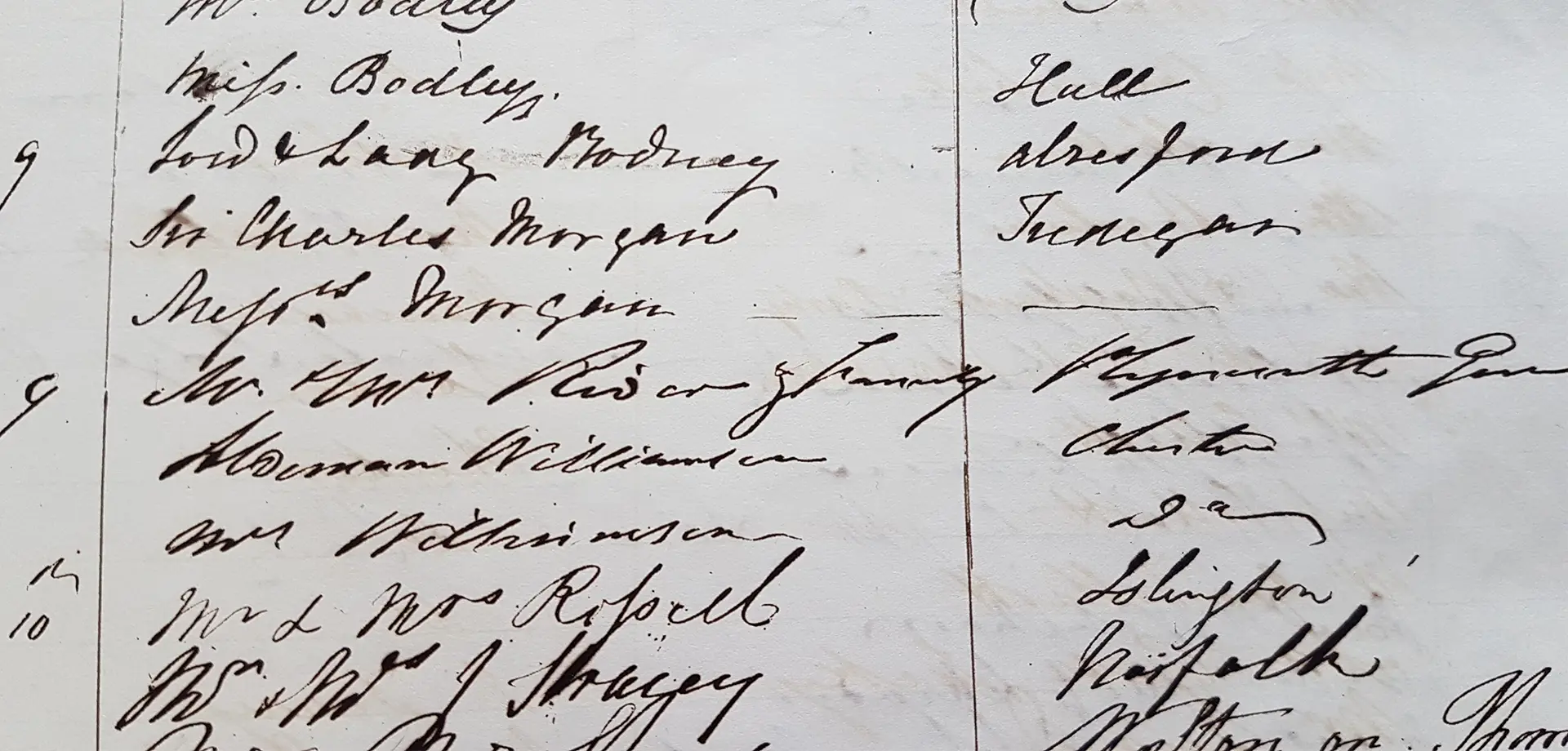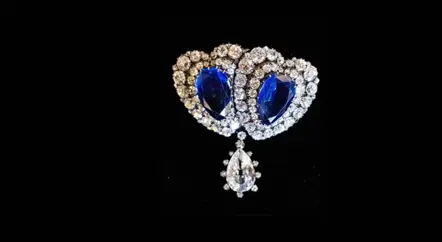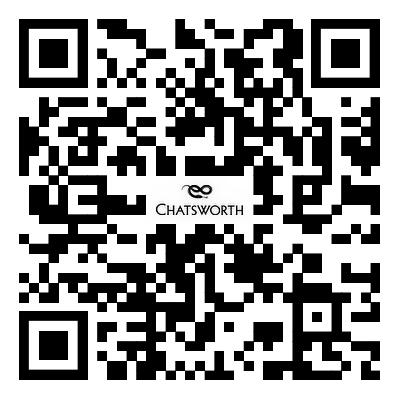Collections & Archives Assistant Ian Gregory is currently transcribing entries from our historic visitors’ books and reports on another visitor of note he has come across:
While digitising the Chatsworth visitors’ books I sometimes come across a famous name. On 9 September 1833, a man called Sir Charles Morgan entered his name in the book. At first sight the entry seems innocuous enough. Sir Charles was the owner of Tredegar, a large country house near Newport in South Wales. The house we see today dates from the late 17th century, close in time to a major remodelling of Chatsworth. In the 1720s, there was also a marriage between a son of the Morgans and a daughter of the Cavendish family of Chatsworth: William Morgan married Lady Rachel Cavendish, daughter of the 2nd Duke of Devonshire.
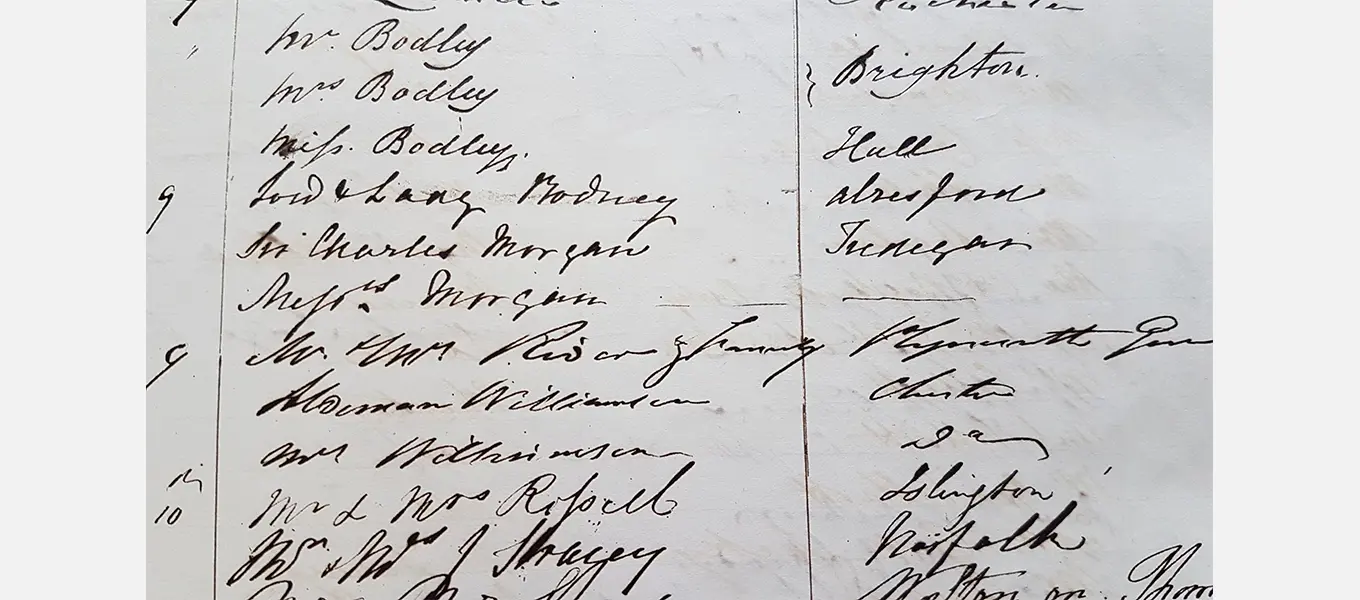
Charles Morgan’s name appears in the visitor book for 9 September 1833.
Returning to the man in our visitors’ book, Sir Charles Morgan (1760-1846) became MP for Brecon and Monmouthshire. He fought in the American War of Independence and was captured at Yorktown. He succeeded his father as master of Tredegar in 1806, probably not suspecting that a different sort of battle was looming on British soil.
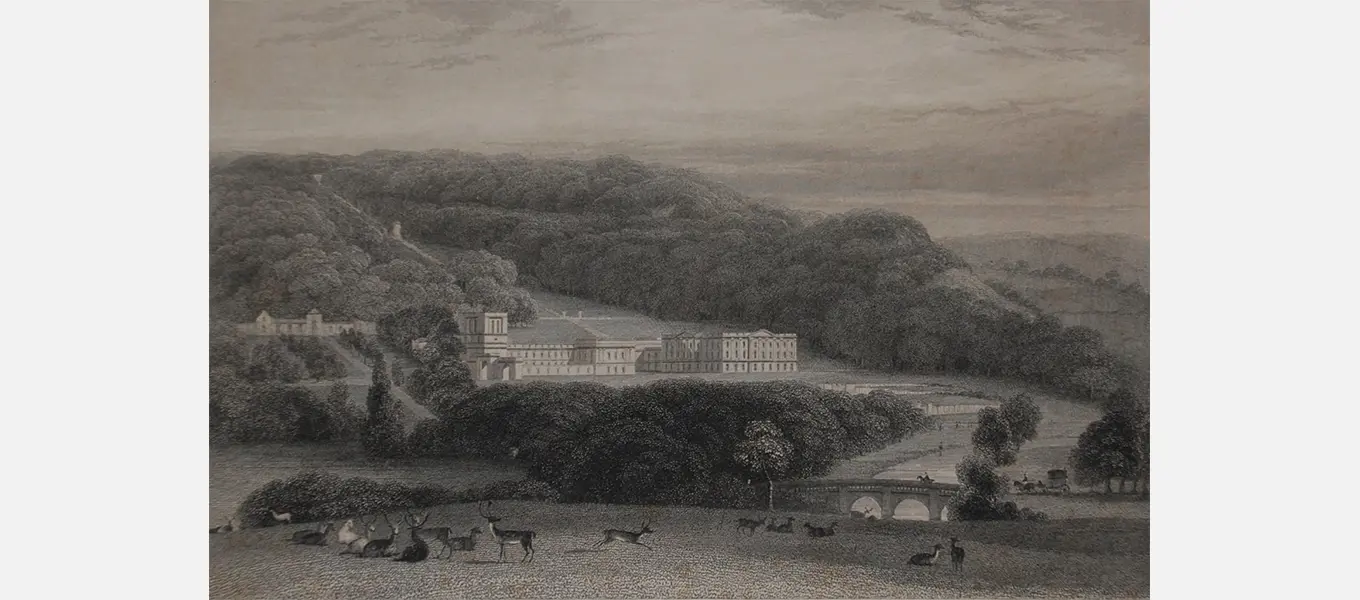
An engraving of Chatsworth which was published in 1833 that represents Chatsworth as it might have looked when Charles Morgan visited.
During the 1830s, a movement called Chartism swept through Britain. Its aim was to reform British politics so that every man over 21 could vote, regardless of his wealth and status. Many members of the upper and middle classes opposed such a change and there were fears of a violent revolution. Sir Charles became embroiled in a quarrel with a Chartist leader, John Frost, who accused him of mistreating his tenants.
In 1839 thousands of Chartists marched on Newport. Sir Charles hired guards and special constables to protect his home. In central Newport the Chartists were crushed with violence: at least 22 of them were killed and 50 were injured. Sir Charles’s adversary John Frost was a leader of the Chartists on this occasion, which is known as the Newport Rising. Frost and other activists were arrested and tried on charges of treason.
Events continued to take an ugly turn. Sir Charles’s son Octavius sat on the Grand Jury that decided which of the Chartists would face trial. He argued strongly that the prisoners should be executed. Their ringleaders, including Frost, were sentenced to be hanged, drawn and quartered; they were the last people in Britain who received that sentence. Their punishment was reduced to transportation to Australia, perhaps to the anger of Octavius.
In 1856, after a long campaign by his supporters, John Frost was pardoned and returned to Britain. He died in 1877. And Sir Charles Morgan? He passed away in 1846 at his beloved Tredegar. That house is now cared for by the National Trust. We are looking forward to houses like Tredegar and Chatsworth throwing their doors back open to visitors once the Covid restrictions are lifted.


